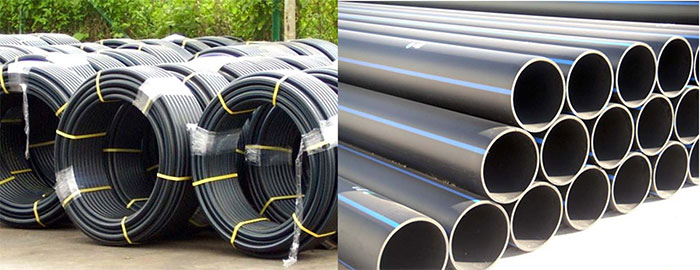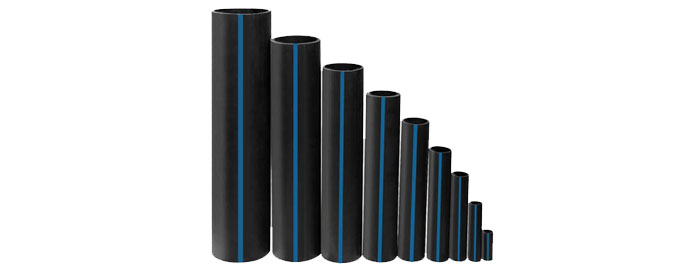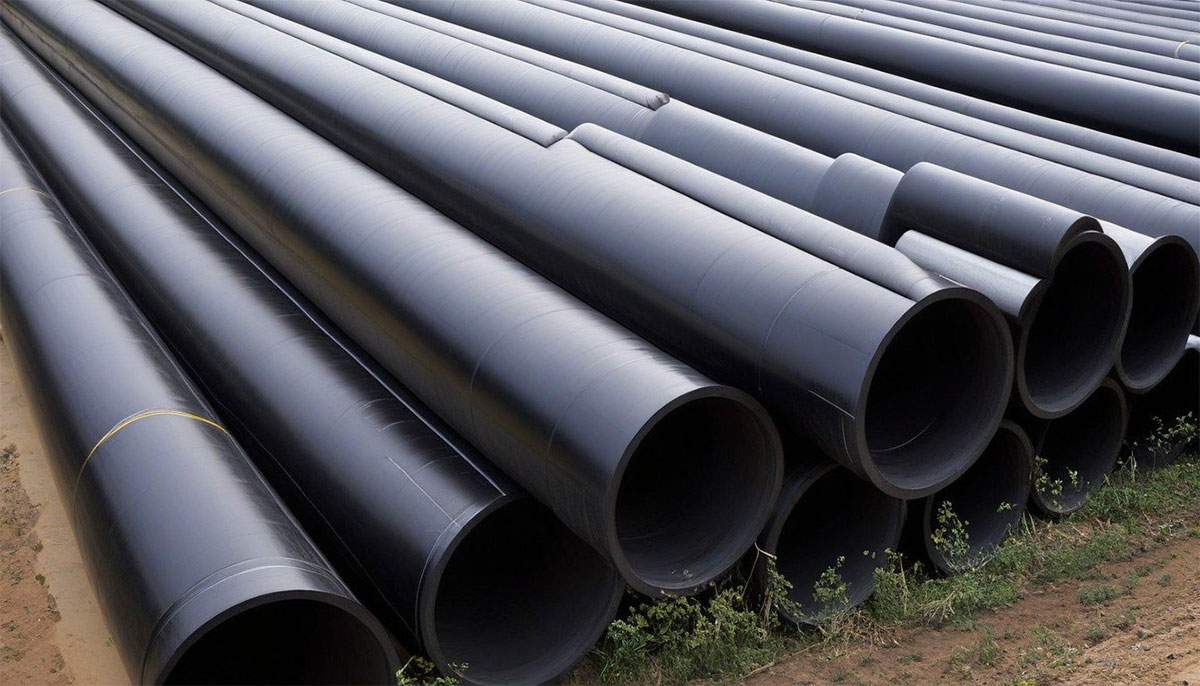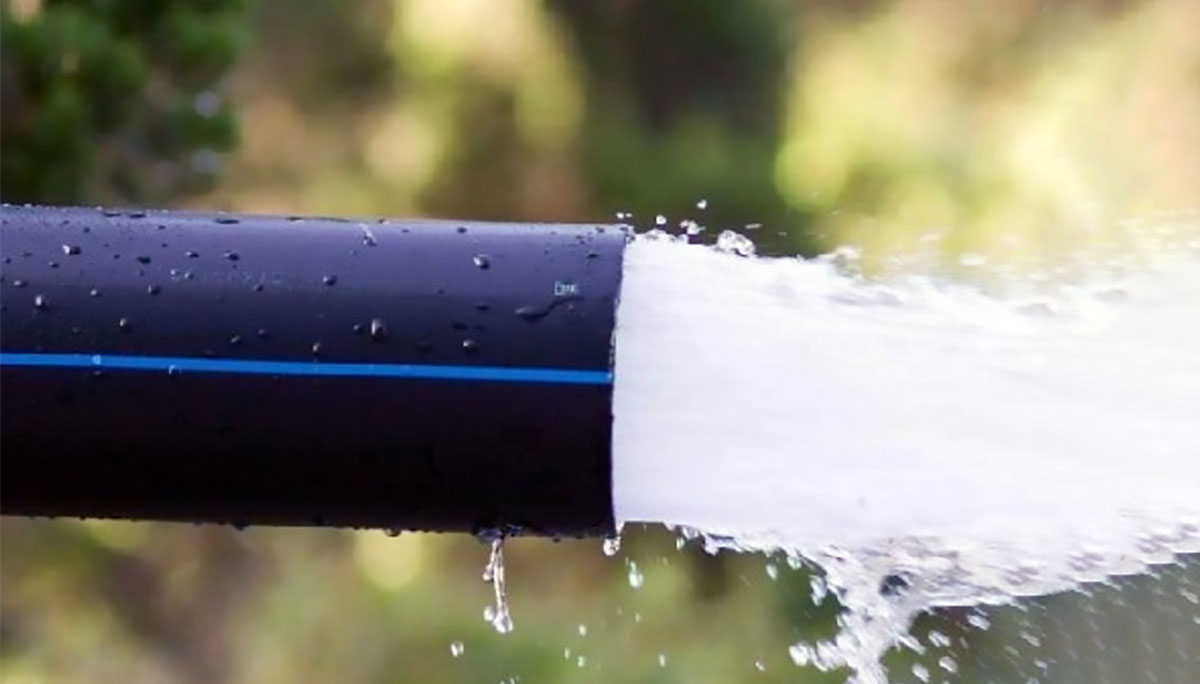
Chemical resistance of polyethylene pipes against metal pipes
For a long time since the invention of polymer pipes, there has been a close competition between polymer and metal pipes in various industries, and both products have had their supporters and opponents.
Now we want to examine and express the differences between polyethylene pipes and metal pipes in terms of chemical resistance.

Polyethylene pipes and metal pipes have different characteristics and resistances. Below are some important differences in the chemical resistance of these two types of pipes:
- Resistance to rust: Polyethylene pipes generally have a very high resistance to rust, for example against the effects of water and common chemicals. . In contrast, metal pipes may be susceptible to water and certain chemicals and require coating methods such as galvanization or rust-resistant coatings.
- Corrosion resistance: Polyethylene pipes are generally highly resistant to corrosion and do not require additional protective coatings. While metal pipes, especially iron pipes, are exposed to corrosion and need corrosion-resistant coatings such as plastic coatings, galvanized coatings, epoxy coatings, etc.
- Effect of chemicals: Polyethylene pipes are generally highly resistant to many chemicals such as acids, alkalis, oxidants, aqueous solutions, etc. . On the other hand, metal pipes may be sensitive to some chemicals and need to choose appropriate metal materials and protective coatings.
- resistance to electrolysis: polyethylene pipes are resistant to electrolysis and electrical corrosion due to their high electrical resistance. This property can be useful in applications that require the passage of electric current through the pipe.
- Compatibility with food: Polyethylene pipes are compatible with food and food and are suitable for use in the food industry. While metal pipes may react with food and need appropriate coatings

Polyethylene pipes have higher chemical resistance compared to metal pipes. This high chemical resistance applies to many chemicals including acids, alkalis, oxidants and corrosive chemicals such as corrosive waters, sulfates, chlorides, etc.
On the other hand, metal pipes may be affected and corrosive in contact with some chemicals. Some metals such as stainless steel may have higher chemical resistance than other metals such as carbon steel, but in general, polyethylene pipes are a desirable alternative to metal pipes in some applications due to their anti-corrosion properties and high chemical resistance. are considered.
Also, polyethylene pipes are preferred in some applications due to their light weight, lack of rust, flexibility and easy installation. However, in some special cases there is a need to use metal pipes, such as some applications with high pressure or very high or low temperatures.
Finally, to make the right choice between polyethylene and metal pipes based on chemical resistance, you should consider the specific needs and application environment and consult with the relevant manufacturers and technical advisors. Also, if needed, it is better to perform chemical resistance tests on pipe samples to check the effect of the desired chemicals on the pipes.




